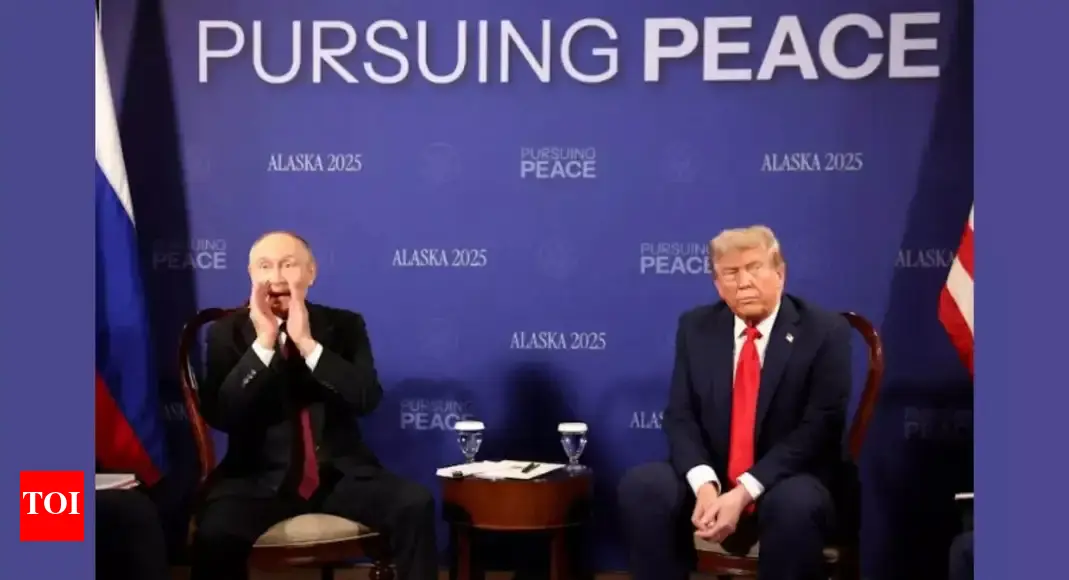(Bloomberg) — Iran warned it will retaliate following a decision by the United Nations atomic watchdog to censure the Islamic Republic over its nuclear program, deepening a crisis that’s also drawn in the US and Israel.
The International Atomic Energy Agency’s board of governors approved a resolution in Vienna on Thursday that deemed Iran in non-compliance of its international obligations, setting up a potential referral to the UN Security Council for a renewal of sanctions.
Iran will “consider appropriate responses, including initiating the process of withdrawing from the Treaty on the Non-Proliferation of Nuclear Weapons,” Iran’s ambassador to UN, Saeid Iravani, said ahead of the vote, according to the state-run IRNA news agency.
The breakdown in nuclear diplomacy comes alongside a corresponding rise in regional tensions. The US ordered some staff to depart its embassy in Baghdad and authorized families of military service members to leave the region, officials said, while US President Donald Trump said he’s growing less confident about the prospects for a successful deal to impose new limits on Iran’s nuclear program.
Iran warned it could hit US military assets in the Middle East if the talks collapse and the Islamic Republic is attacked. Oil prices rose the most since October on the mounting tensions, before paring gains on Thursday.
Negotiations between Iran and the Trump administration have stalled over whether or not Tehran’s engineers will retain their right to enrich uranium. The US and Israel have publicly insisted Iran can’t possess that key technology — critical for producing the fuel needed for nuclear reactors and bombs.
“A comprehensive deal is likely contingent on the US allowing Iran to retain some domestic enrichment capacity,” analysts at the Eurasia Group wrote in a note this week.
Iran has previously offered to end its ramp up of highly-enriched uranium in exchange for sanctions relief, after producing a record volume over the last quarter. That material could quickly be turned into the fuel for the equivalent of 10 bombs, should Iran’s leadership take the political decision pursue weapons.
The IAEA’s vote was highly divided, with 19 in favor — led by the US and European nations — and three against, including China and Russia. There were 11 abstentions.
Russian diplomats, who have been asked by the Trump administration to facilitate a diplomatic solution with Iran, cautioned that passing the IAEA vote of censure carries significant risks.
“The adoption of the presented resolution will significantly reduce the chances” of a diplomatic resolution, wrote Moscow’s IAEA envoy Mikhail Ulyanov in a statement. Instead, “such an escalation will have the most negative consequences both for the IAEA and for the entire non-proliferation regime.”
More stories like this are available on bloomberg.com




